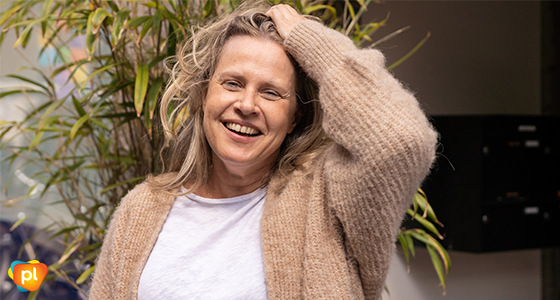
As people living with HIV, we’re often focused on our physical health, taking medication, getting enough sleep, watching our diet, weight and exercising. It can be really easy to let one of the main aspects of good health slip completely, and that is our mental and emotional wellness.
Hang on, you might say. I’m not mentally unwell, and I don’t have a mental illness!
Mental wellbeing is much more than the absence of mental illness. For people living with HIV, mental wellbeing means we take extra care to build a supportive network of friends and allies, dismantle our internalised stigma and cultivate our own self-acceptance. People living with HIV in NSW face a range of unique stressors, especially if we live outside major cities.
Today, one of the main challenges of HIV extends beyond the medical side of HIV. In a time of living with HIV with access to free, effective medication that controls the virus and prevents transmission, our challenges are about living well with HIV. Today many of us face the challenges of social biases, fears, and misconceptions about HIV that impact our mental health and wellbeing. The fear of HIV stigma or discrimination adds to these extra burdens.
The pervasive stigma surrounding our HIV status can cause reluctance or shame to seek emotional support. Even if we want support, finding accessible and affordable support, that we can trust, can be difficult. For people outside the metropolitan areas where wellbeing resources are limited, mainly due to the lack of mental health professionals, these stressors can be amplified.
Seeking mental health support is a sign of strength, not weakness. When HIV is along for the ride, it’s important to reach out for mental health support from professionals or from your peers (others also living with HIV) when you need it. You might call a free helpline, call a trusted friend for a chat, or get in touch with Positive Life NSW for peer support or some counselling.
Talking about how you’re feeling is a great start to get your wellbeing back on track. Making time for regular physical activity, mindfulness practices, and creative activities you enjoy also helps.
Nurturing good mental health and wellbeing is more than a priority for those of us living with HIV, it’s a lifeline.
It’s critical to manage our overall health. Along with our healthcare providers, other elements of our support system include understanding friends and supportive family, and the safe haven of a peer support group. A support system can become a reliable strategy to manage feelings of anxiety or depression.
Talking with someone else in similar shoes offers one of the fastest ways to feel better and find solutions to live well with HIV.
Positive Life NSW offers a range of peer social support groups, online and face-to-face as well as counselling by accredited counsellors living with or affected by HIV. If you’re living with HIV and feeling low or need an understanding, non-judgemental listener, give Positive Life NSW a call on (02) 8357 8386 or 1800 245 677 or email contact@positivelife.org.au
Published in Talkabout #207 December 203






